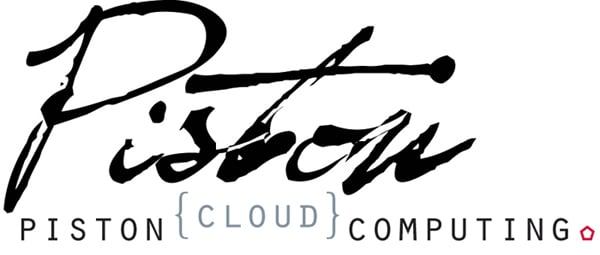
What’s the Difference between a Tier III & IV Data Center
February 6, 2013
Cisco Invests 8m in Piston Cloud
February 7, 2013There is a segment in the world of accountancy that is slowly taking shape. It’s called cloud accounting, and has numerous advantages over traditional bookkeeping services. Here’s a look at the pro’s and con’s of cloud accounting.

There’s is a segment In the world of accountancy that is slowly but surly taking shape. It’s called cloud accounting, and has numerous advantages over traditional bookkeeping services.
Also referred to as “Virtual Accountants”, cloud accounting firms deliver a cloud based app you can use to draft a financial report. Cloud accounting firms charge a fee for the service but are often cheaper than hiring a personal accountant.
No more trips to H&R block, just fire up your computer, connect to a dedicated server and have at it. Some firms, such as The WOW Company will even manage your finances for you, offer you financial guidance and/or advice. What’s even more convenient is the fact The Wow Company is available via Skype, email or chat any time clients need assistance. Try calling up your traditional accountant at all hours and see what happens. So now we know cloud accounting does exist but what are the drawbacks? More specifically, why has cloud accounting been slow to take off?
SSAE 16 Compliance & Governance
Just because it’s a new niche doesn’t mean cloud accountancy isn’t regulated. CPA firms conducting business online must adhere to the same standards traditional firms do. If you are looking into a cloud accountant do the research. Were is the service being hosted? Are accounting applications sitting on a dedicated server somewhere? More importantly, do they co-locate with a SSAE 16 Compliant data center? These are the important questions one must ask because exchanging financial records online is risky business. Which brings us to the possible cons cloud accounting presents:
Consider The Following
Unless the cloud accounting firm is renting colocation space at a Tier IV facility, the possibility for a website outage exists. A perfect example would be Amazon. Sometime in 2011 Amazon’s merchant services, who provide cloud services to a number of online businesses, crashed. That rendered a lot of cloud services inaccessible for a brief period of time. If you were a cloud accounting firm you could not send or receive financial information during the outage. That’s not really good for business and obviously not good for the client.
So that’s one downfall to cloud accounting services; they are susceptible to website outages. Another area of concern would be that of security; are your financial reports secure? Cloud security has got everyone in an uproar lately as IT firms struggle to add network firewalls to a seemingly unstable networking environment. Again, much of a firms resiliency will rely on its data center practices.
SSAE compliance tests the networking environment for failsafes and best practices ensuring that financial information is never mismanaged, lost or hacked. If you are absolutely uncertain about employing an online accountant you might be better off sticking to traditional methods of book-keeping. But cloud accounting is garnering recognition in the marketplace and offers the same level of service at a cheaper price. As cloud security improves expect to see a lot more firms like The Wow in the marketplace.
